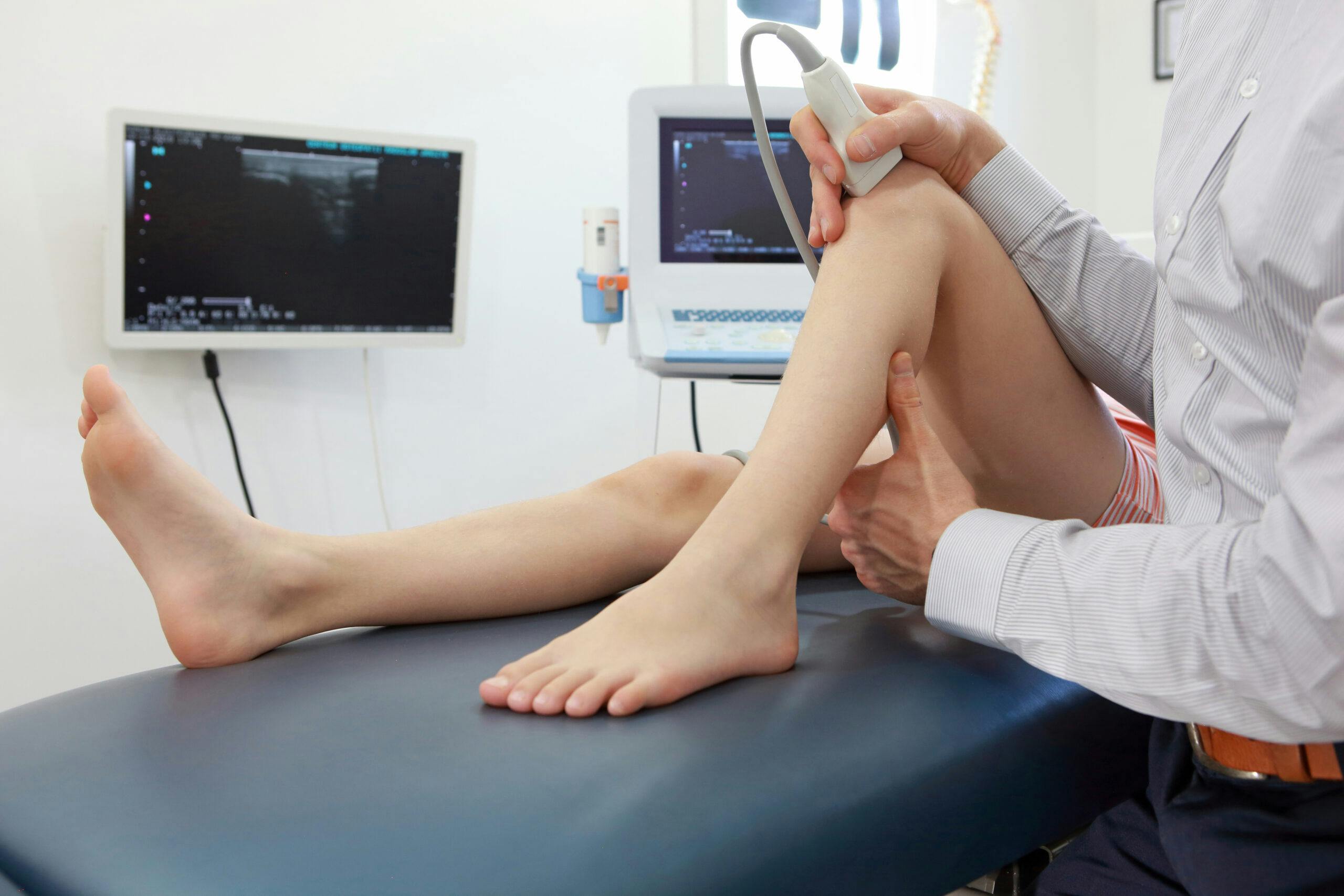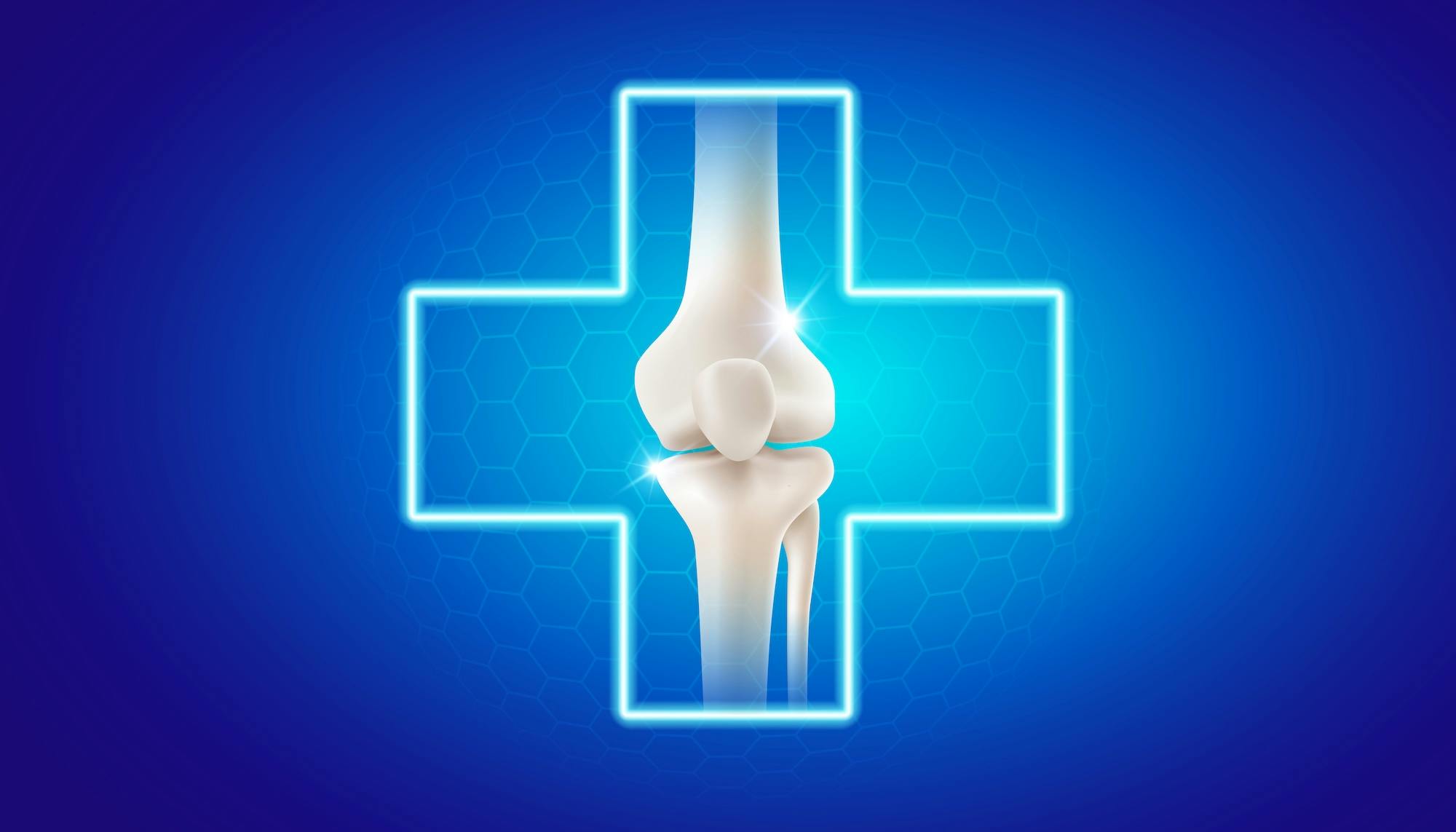- Blog
Ultrasound Use in Sports Medicine
Posted on 04-16-2025 in Primary Care Sports Medicine by Dr. Joshua Hackel

Posted on 04-16-2025 in Primary Care Sports Medicine by Dr. Joshua Hackel
Musculoskeletal ultrasound imaging offers orthopaedic patients safe, painless, and real-time imaging, without any harmful ionizing radiation or the need for uncomfortable positioning. As the first sports medicine physician in the region to utilize ultrasound for diagnostic and therapeutic purposes, Dr. Josh Hackel’s commitment to innovation has improved the accessibility of care for his patients.
The ability to visualize the anatomical structures of a joint or extremity in real-time and under the physics of movement allows him to diagnose soft tissue injuries more accurately. Ultrasound also excels at locating and identifying foreign bodies, as frequently happens in traumatic accidents. The procedure can be used to diagnose tendon, muscle, and ligament tears; sprains; effusions in the joint and bursae; nerve entrapments; and tumors, cysts or abscesses. Additional diagnostic benefits include the ability to identify fluid build-up as with inflammation, tendonitis, and bursitis as well as visualize blood flow within the muscle tissue.
Not only is ultrasound imaging an on-demand and real-time imaging option, but it also allows Dr. Hackel to view the underlying anatomy at rest and in motion, allowing for a more accurate diagnosis. It is also much faster than magnetic resonance imaging (MRI) or computed tomography (CT) scans and costs a fraction of other advanced imaging modalities. In fact, one study estimated that substituting ultrasound for MRI, when appropriate in treating musculoskeletal conditions, would save Medicare almost $7 billion in fifteen years!
In addition to diagnostic applications, ultrasound imaging is often used as an adjunct to minimally invasive procedures. Whether Dr. Hackel is performing an injection, orthobiologic/regenerative medicine procedure, or another minimally- or micro-invasive procedure, he can visualize the anatomy of the treatment area. If you are suffering from a musculoskeletal injury or condition, there is a good chance ultrasound imaging should be a part of your diagnosis and treatment plan. Seeking out a physician with advanced proficiency in ultrasound imaging could lead to a safer, more cost-effective and more accurate treatment plan.
Visit our Musculoskeletal Ultrasound treatment page for additional information or learn more about how this imaging option benefits our patients. To schedule a consultation with Dr. Hackel, call our office at 850.916.8783 or use our convenient online appointment form.

March is National Nutrition Month®, and as part of the conversation, the North Florida Bone & Joint team wants to emphasize the impact diet can have on your bone health. Before diving in, it's essential to understand the role the skeleton plays in your body. Specifically, the skeleton—and the bones its comprised of—serve the following functions:

At North Florida Bone & Joint Specialists, we’re committed to delivering convenient, expert care throughout the Gulf Coast. As part of that commitment, we’re excited to announce the expansion of our clinical office footprint. In March, we opened two new locations in Milton and Navarre, FL, further enhancing our ability to serve patients across Northwest Florida.

Valentine’s Day is all about love—so why not show your joints some love, too? Whether you’re an athlete, an active adult, or simply looking to maintain mobility as you age, taking care of your joints is essential for long-term health and well-being. At North Florida Bone & Joint Specialists, we believe that self-care isn’t just about relaxation—it’s about making intentional choices to keep your body strong, pain-free, and resilient. Here are four self-care tips to keep your joints healthy and moving with ease: